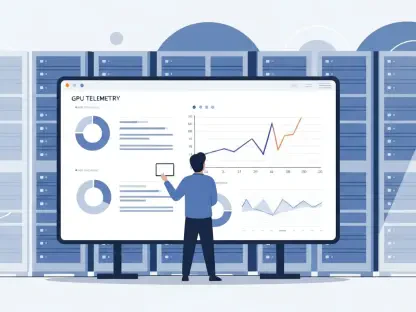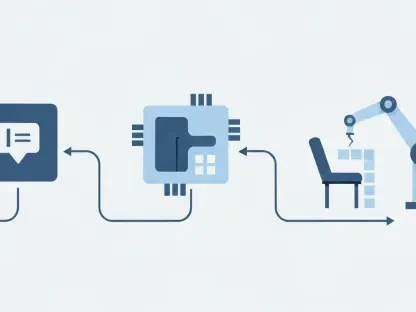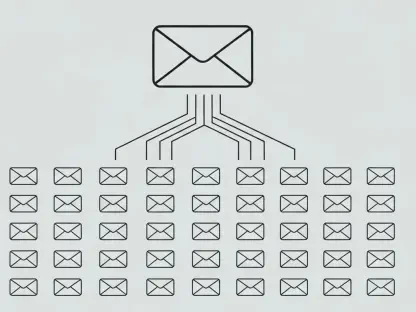In the era where digital advancements prevail, the evolution of automation has become the catalyst for dramatic transformations within daily operations, indiscriminate of personal or business contexts. As a harbinger of efficiency and productivity, automation has etched its utility into the fabric of modernity—from simplifying payment schedules to automating intricate report generation. However, alongside its palpable benefits lies a terrain fraught with ethical deliberations. As the stepping stone towards more nuanced forms of artificial intelligence, automation presents a unique interplay between innovative prowess and moral complexity, especially as it pervades more deeply into our personal spheres and professional environments.
Ethical Implications and the Quest for Privacy
In an age where convenience is king, the ubiquitous nature of automation sparks intense debate around privacy and intrusiveness. The unnerving sensation of being watched, evidenced by targeted advertisements that seemingly pursue us across the web, brings into sharp relief the concern for how extensively corporations can leverage personal data. This scenario is not simply about the discomfort of feeling scrutinized; it cuts deeper, touching the raw nerves of individual rights and highlighting the critical need for responsible data stewardship. Organizations now more than ever must adhere to stringent privacy standards, like those exemplified by the General Data Protection Regulation (GDPR), and pivot towards prioritizing anonymized information to diminish the perils of misuse while fostering a transparent relationship with users.The article by Kali Durgampudi underscores the perceptive urgency for creating ethical guidelines to navigate the murky waters of automation’s ethical dimensions. For instance, the issue of bias in automated hiring processes comes to the fore, demanding a reexamination of the algorithms driving these decisions to ensure a level playing field. Seizing this pivotal moment to elaborate equitable directives serves not only to mitigate ethical pitfalls but also to preserve the integrity and trust in the technology befriending our society.
Redefining Job Markets and Data Ownership
Against the backdrop of fears that automation could decimate jobs, research presents a more nuanced narrative — the advent of technology opens doors to new job creation, potentially outpacing the displacement caused by automation. This prospect ushers in a clarion call for robust reskilling programs, equipping individuals to harness the opportunities birthed from this digital renaissance. The dawning reality is that automation, while it may streamline certain tasks, equally casts a spotlight on human ingenuity and adaptability to evolve alongside machines.The question of who owns the data nourished through automated systems presents yet another ethical quandary. Traditionally, organizations have assumed control over this data; however, there has been a discernible shift towards empowering individuals with rights to their information — a proposition especially pertinent in sensitive sectors like healthcare. The practice of anonymizing data emerges as a crucial strategy, harmonizing the dual objectives of supporting research with shared data and staunchly protecting individual privacy.
A Future Shaped by Collaboration
In today’s digital-driven age, automation stands at the forefront of sweeping changes that touch every aspect of our lives, whether personal or professional. It serves as a beacon of efficiency, seamlessly integrating into our world. With just a few clicks, bills get paid, complex reports generate themselves, and so much more. Yet, beneath the clear advantages of automation, there’s an underlying web of ethical issues to navigate. The transition towards sophisticated artificial intelligence begins with automation, bringing to light a multifaceted dynamic of ingenuity and moral intricacies. This is particularly true as automation weaves itself into the very fabric of our everyday life and work, challenging us to balance the convenience it offers against the profound implications it holds for society.









